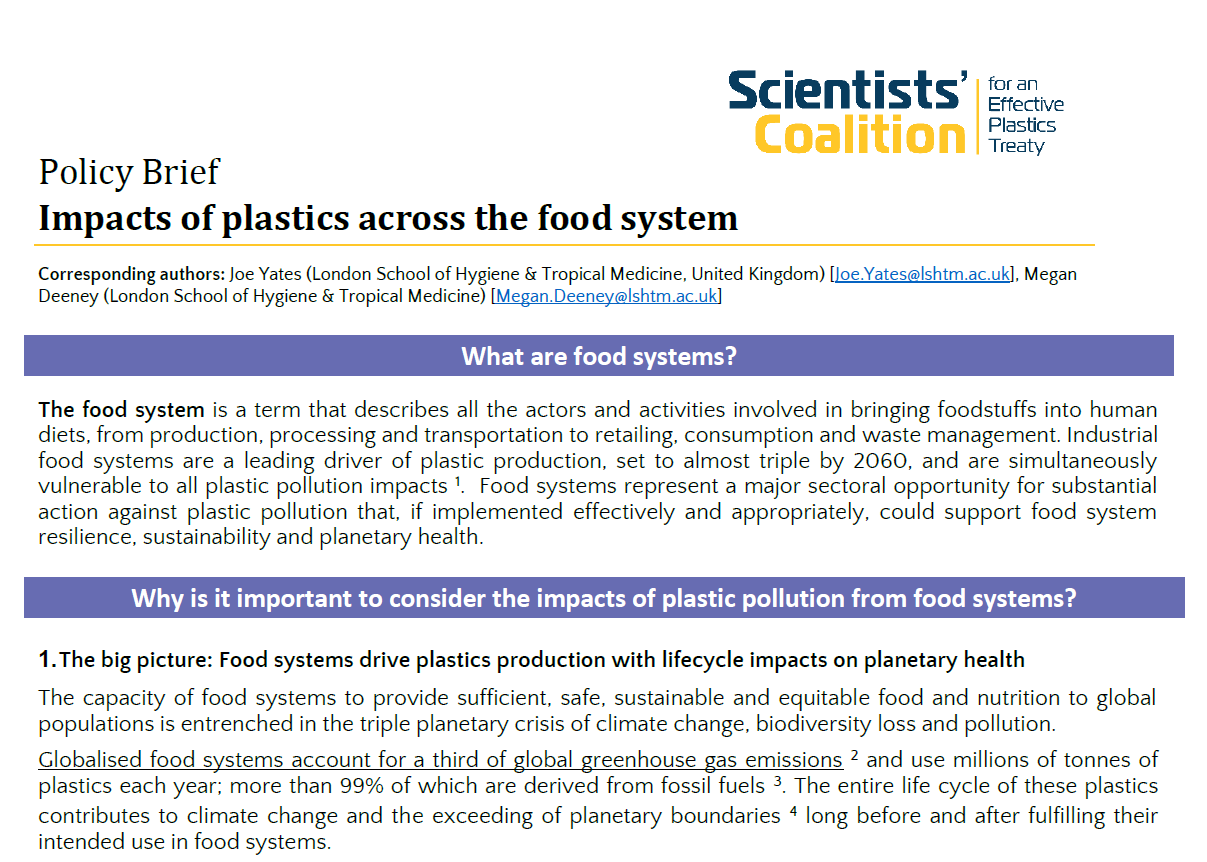The prevalence of the triple burden of malnutrition has been a growing concern for the past 50 years, particularly in low- and middle-income countries (LMICs) and those in conflict affect areas. Governments are thus expanding nutrition targets and increasing spending on nutrition-sensitive interventions to address multiple forms of malnutrition. As a result, there is a growing body of literature evaluating the effects of food systems and a demand for synthesised information to support evidence-informed decision-making.
A systematic analysis published in BMJ Open identified the available evidence on the effects of food systems interventions in low- and middle-income countries. Some key findings suggested an uneven distribution of research, suggesting inconsistent impacts of interventions in this area, with some being highly effective and others overlooking large populations. The paper also calls for more rigorous evaluation of national policies and better support for women’s empowerment within food systems.
Storhaug and colleagues have addressed the need for having an overview of the food systems evidence data with an evidence gap map (EGM) to make existing evidence more available and inform strategic approaches.
The protocol was developed and implemented in 9 months, following standards for evidence gap maps developed by 3ie, an organisation with expertise in supporting the evaluation of evidence in international development. The researchers and their trained consultants screened titles/abstracts from 17 academic databases and 31 sector-specific repositories to systematically extract and investigate meta-data.
The results show significant growth in literature over time. Furthermore, most interventions focused on the provision of supplement fortification, nutrition classes, direct provision of foods and peer support/counselling. The authors point out that this EGM should be used to support effective strategies and guide decision-makers in developing optimised nutrition-sensitive interventions, which should consequently improve the population’s health.




